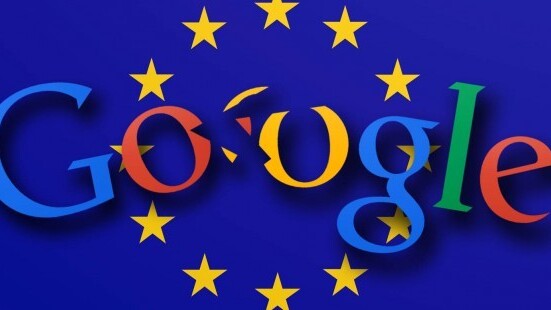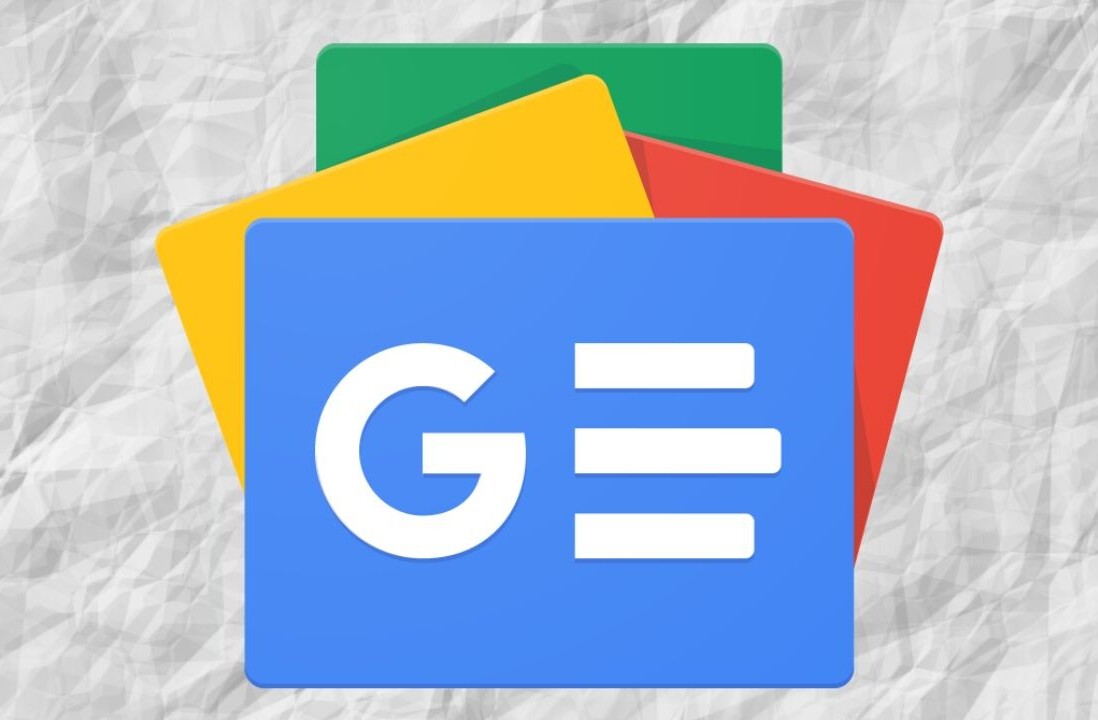
We’d heard it was coming and now it’s official – the European Commission (EC) has officially accused Google of abusing its dominant position for search services in Europe, by favouring its own comparison shopping product on search pages.
The Commission has sent a Statement of Objections to Google outlining its view that the company’s conduct has infringed EU antitrust laws by stifling competition and harming consumers.
Sending the statement does not mean the outcome of the investigation has been determined.
The body has also opened a separate antitrust investigation into Google’s Android OS. That will focus on whether the company has entered into anti-competitive agreements or abused its dominant position.
EU Commissioner in charge of competition policy Margrethe Vestager says:
The Commission’s objective is to apply EU antitrust rules to ensure that companies operating in Europe, wherever they may be based, do not artificially deny European consumers as wide a choice as possible or stifle innovation.
In the case of Google I am concerned that the company has given an unfair advantage to its own comparison shopping service, in breach of EU antitrust rules. Google now has the opportunity to convince the Commission to the contrary. However, if the investigation confirmed our concerns, Google would have to face the legal consequences and change the way it does business in Europe.”
I have also launched a formal antitrust investigation of Google’s conduct concerning mobile operating systems, apps and services. Smartphones, tablets and similar devices play an increasing role in many people’s daily lives and I want to make sure the markets in this area can flourish without anticompetitive constraints imposed by any company.
This is the first significant antitrust case brought by the Commission since Microsoft was hit with a then record fine of $613 million in 2004, after an 11 year investigation.
Recode published an internal Google memo yesterday that revealed the company was expecting the Android investigation announcement:
We believe that the Commission will also open a formal investigation into Android tomorrow. This is just the start of a process and does not mean the EC will necessarily take action (for example they opened and closed an inquiry into iTunes a few years ago). We have a very strong case on Android as well.
The company is right to flag up the EC’s announcement of an antitrust investigation into Apple’s iTunes service in 2007. It led to no further action.
It’s likely that whatever the result of the Commission’s investigations into Google are, we’ll have to wait quite some time to hear them. The gears of bureaucracy in Brussels turn very slowly.
Update: Hiroshi Lockheimer, Google’s Vice-President of Engineering for Android, has published a long post on the company’s European Policy Blog:
The European Commission has asked questions about our partner agreements. It’s important to remember that these are voluntary—again, you can use Android without Google—but provide real benefits to Android users, developers and the broader ecosystem.
Anti-fragmentation agreements, for example, ensure apps work across all sorts of different Android devices. (After all, it would be pretty frustrating if an app you downloaded on one phone didn’t also work on your eventual replacement phone.) And our app distribution agreements make sure that people get a great “out of the box” experience with useful apps right there on the home screen (how many of us could get through our day without maps or email?).
This also helps manufacturers of Android devices compete with Apple, Microsoft and other mobile ecosystems that come preloaded with similar baseline apps. And remember that these distribution agreements are not exclusive, and Android manufacturers install their own apps and apps from other companies as well. And in comparison to Apple—the world’s most profitable (mobile) phone company—there are far fewer Google apps pre-installed on Android phones than Apple apps on iOS devices.
We are thankful for Android’s success and we understand that with success comes scrutiny. But it’s not just Google that has benefited from Android’s success. The Android model has let manufacturers compete on their unique innovations. Developers can reach huge audiences and build strong businesses. And consumers now have unprecedented choice at ever-lower prices. We look forward to discussing these issues in more detail with the European Commission over the months ahead.
That section on Apple is particularly worthy of note, though we’re sure that Cupertino won’t mind Google having flagged up how profitable it is.
Google has also addressed the antitrust case over shopping in a post on its Official Blog:
Indeed if you look at shopping — an area where we have seen a lot of complaints and where we understand the European Commission will focus its Statement of Objections — it’s clear that (a) there’s a ton of competition (including from Amazon and eBay, two of the biggest shopping sites in the world) and (b) Google’s shopping results have not the harmed the competition…
…any economist would say that you typically do not see a ton of innovation, new entrants or investment in sectors where competition is stagnating — or dominated by one player. Yet that is exactly what’s happening in our world. Zalando, the German shopping site, went public in 2014 in one of Europe’s biggest-ever tech IPOs. Companies like Facebook, Pinterest and Amazon have been investing in their own search services and search engines like Quixey, DuckDuckGo and Qwant have attracted new funding. We’re seeing innovation in voice search and the rise of search assistants — with even more to come.It’s why we respectfully but strongly disagree with the need to issue a Statement of Objections and look forward to making our case over the weeks ahead.
➤ Antitrust: Commission sends Statement of Objections to Google on comparison shopping service; opens separate formal investigation on Android [European Commission]
Get the TNW newsletter
Get the most important tech news in your inbox each week.




